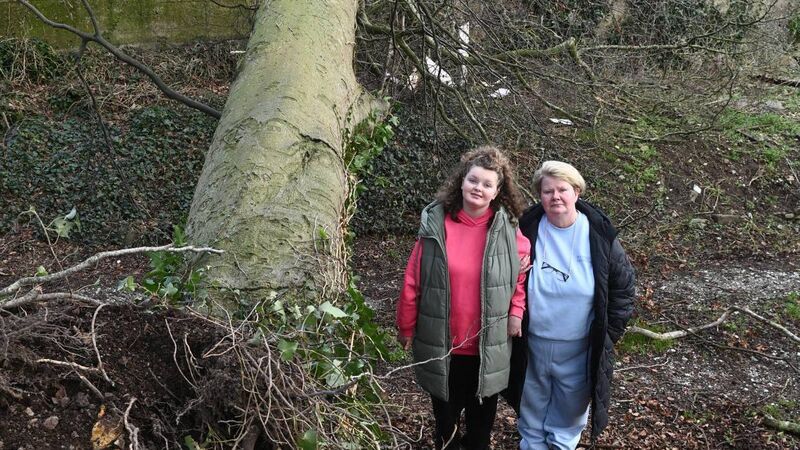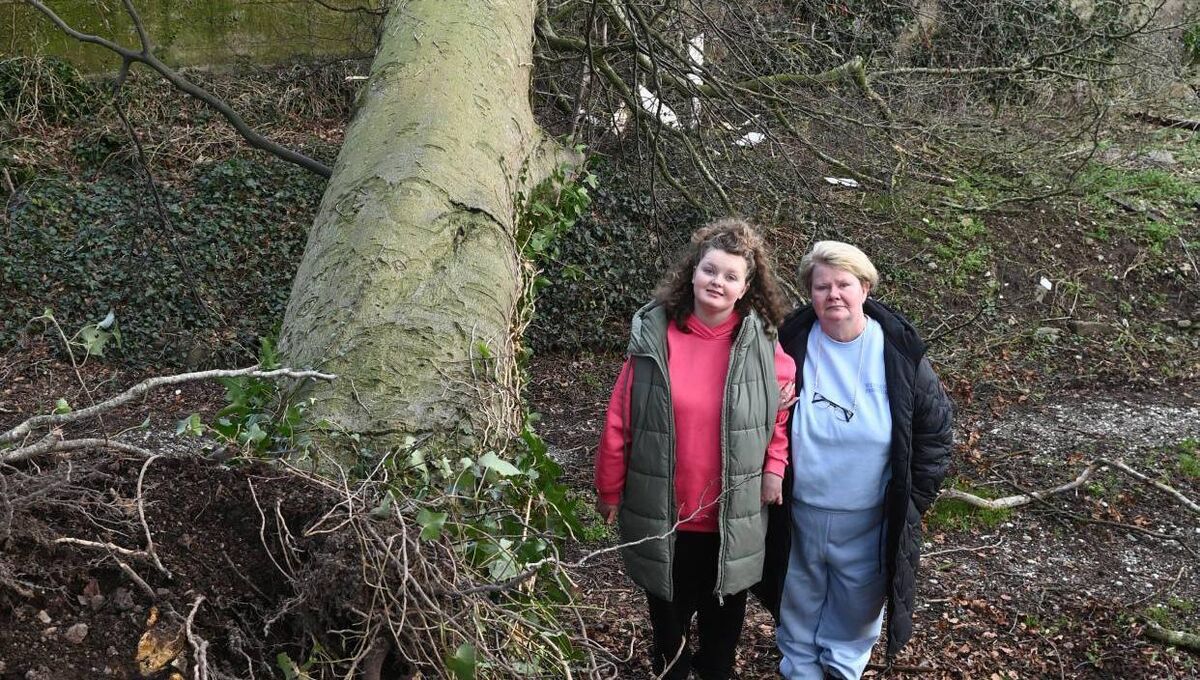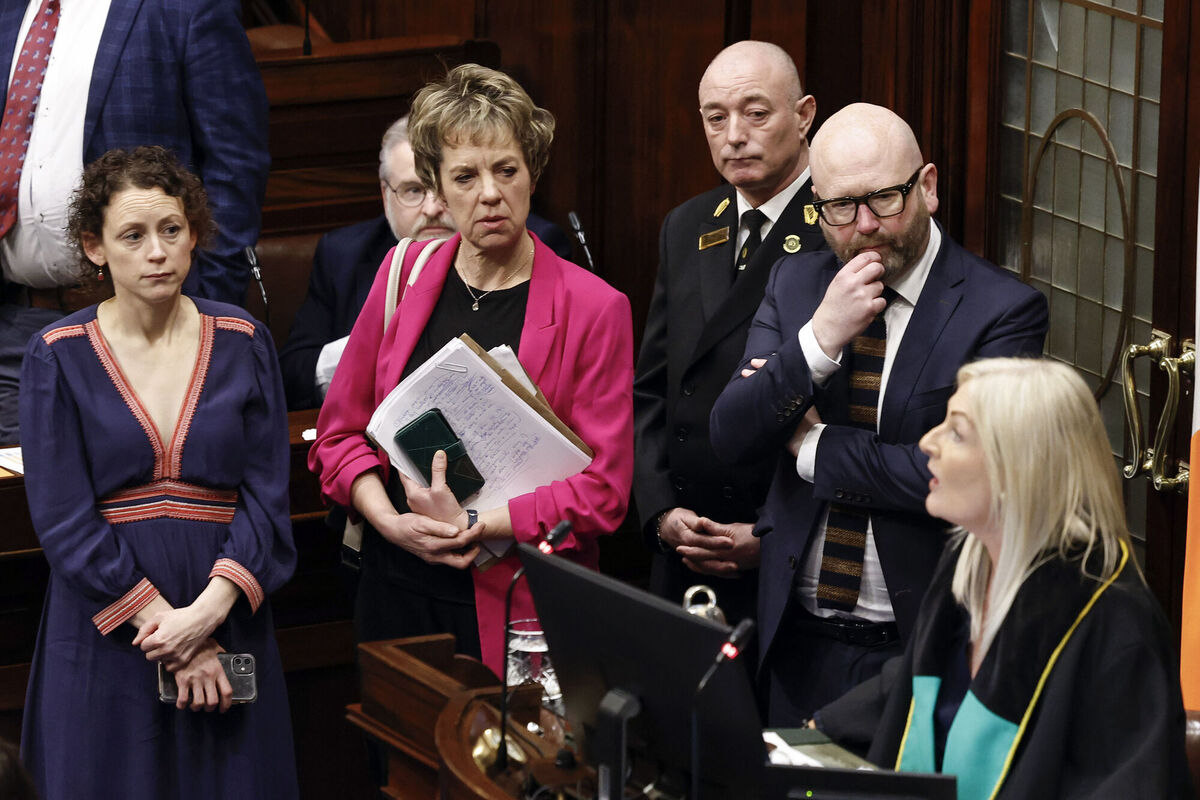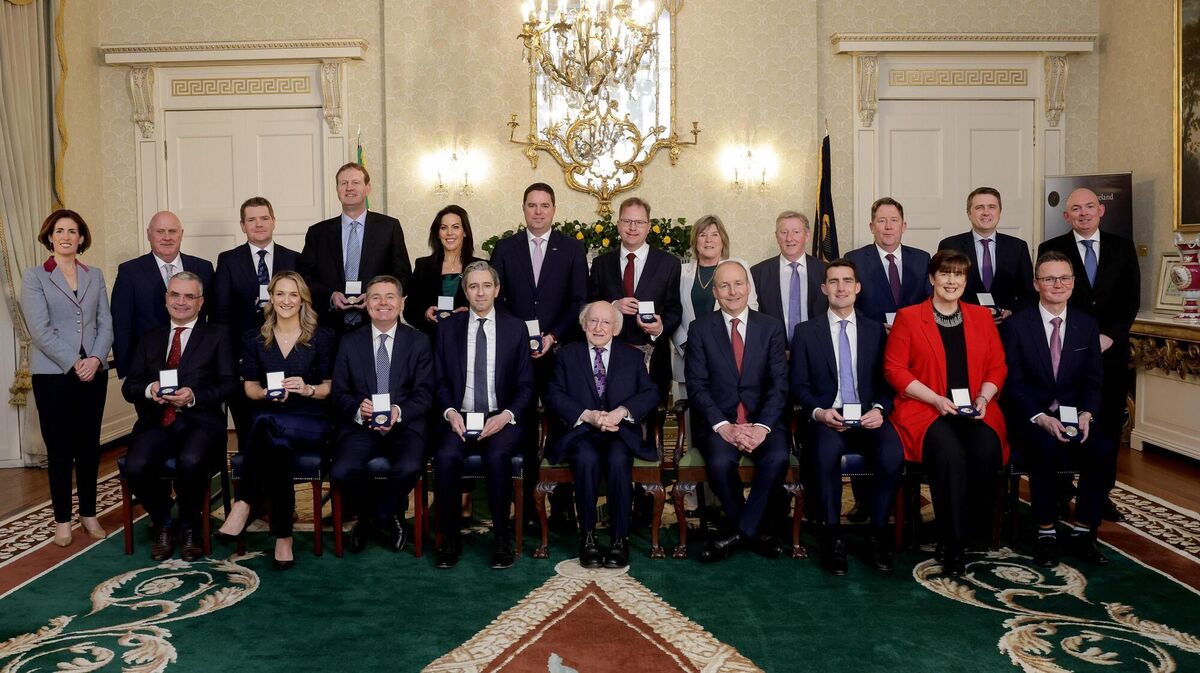Kathriona Devereux: 'We live in an age of disruption, at home and across the world'

Tech entrepreneurs use it as a positive term. AI is often hailed as a prime example of disruptive innovation. Uber has disrupted the traditional taxi business. Airbnb disrupted the hotel business. Amazon disrupted bricks and mortar retail stores.

The shareholders of those companies are happy with the disruption - they’ve made plenty of money. The family-owned high street businesses and the wider communities they serve? Less so.
But disruption, for most people, is something to be avoided.
We like the predictable, the routine, the on-time train, the status quo. Unless you are in a chronic negative situation that you want to break out of. Long-term homelessness, chronic illness, intergenerational deprivation. Then you yearn for a disruptor to shake things up and try something new.
Disruption is no longer optional; it’s inevitable- both in the form of extreme weather events and the broader economic, political and social upheaval needed to ensure the planet’s survival.
The current system isn’t working - it perpetuates inequality, prioritises the interests of the wealthy while exploiting developing countries and oppressed nations and degrading our environment - if we want to change tack, disruption is essential.
Last week, we had our fill of disruption - ruaile buaile in the Dáil and Storm Éowyn.

Labour, Social Democrats and Sinn Féin TDs kicked off the protest against the forgotten form of ‘stroke politics’ when it looked like some independents were going to pull a sly one by continuing to enjoy opposition speaking time while being the kingmakers in the new coalition government.
That the majority of TDs in the new government didn’t foresee that the arrangement would be problematic is a worry.
We need a wise and nimble government to steer us through the next five disruptive years.
Must do better (on gender equality)
As a teacher in a former life, Taoiseach Micheál Martin must have doled out a lot of school reports in his day. “Does not work to her full potential”, “Could do better” “Must improve his schoolwork”.
My mother recently cleared out her attic and unearthed a school report which was not bad overall, with decent praise and good grades, apart from one. My class teacher thought “Kathriona could be more deferential and polite. She needn’t think she is an authority on all subjects always”. Ouch! (But considering how I now write a weekly column on a whole range of subjects, perhaps she was offering prescient career advice).
I imagine some of the most frustrating pupils to teach are the ones that are smart and show promise but don’t apply their innate talents into learning or live up to their potential. I know the feeling.
There were four women at senior cabinet positions in the last government, so it feels like we are going backwards.
As Labour leader Ivana Bacik pointed out, there are as many people called James in the Cabinet as there are women.
People will argue that Micheál Martin picked the best team from the pool of TDs he had. That may be the case, but it’s just not good enough.

Only 25% of the people who are going to have a serious say in the running of the country in the next five years are female. A much stronger commitment to attracting women to politics is required.
In 1979, Maire Geoghan-Quinn became the first woman in an Irish Cabinet since 1921. Just four women, Mary Harney, Mary Coughlan, Joan Burton and Frances Fitzgerald, have served as Tánaiste since. We are still waiting on a female Taoiseach. And a gender-balanced cabinet.
Female politicians have long contended with abuse. Mary Harney had red paint thrown on her, eggs pelted at her car and bullets sent in the post. More recently, former Minister for Disability Anne Rabbitte had cow dung thrown at her, and the now Minister for Health, Jennifer MacNeill Carroll was harassed online with sexually explicit material.
The 2021 Citizens’ Assembly on Gender Equality recommended concrete steps to improve female representation including quotas to ensure 40% gender balance on boards and in public bodies. By these standards, there should be at least six women in Cabinet today.
Roderic O’Gorman did introduce new legislation last year which included maternity leave for members of the Oireachtas. It seems preposterous that we had to be a quarter way through the 21st century for it to happen, but now TDs can take 26 weeks maternity leave.
At a time when President Trump is dismantling Diversity Equity and Inclusion programmes, we need to redouble our efforts - get disruptive - to ensure issues such as gender equality, gender-based violence, equal pay and better representation of women in politics remain a priority.







 App?
App?




